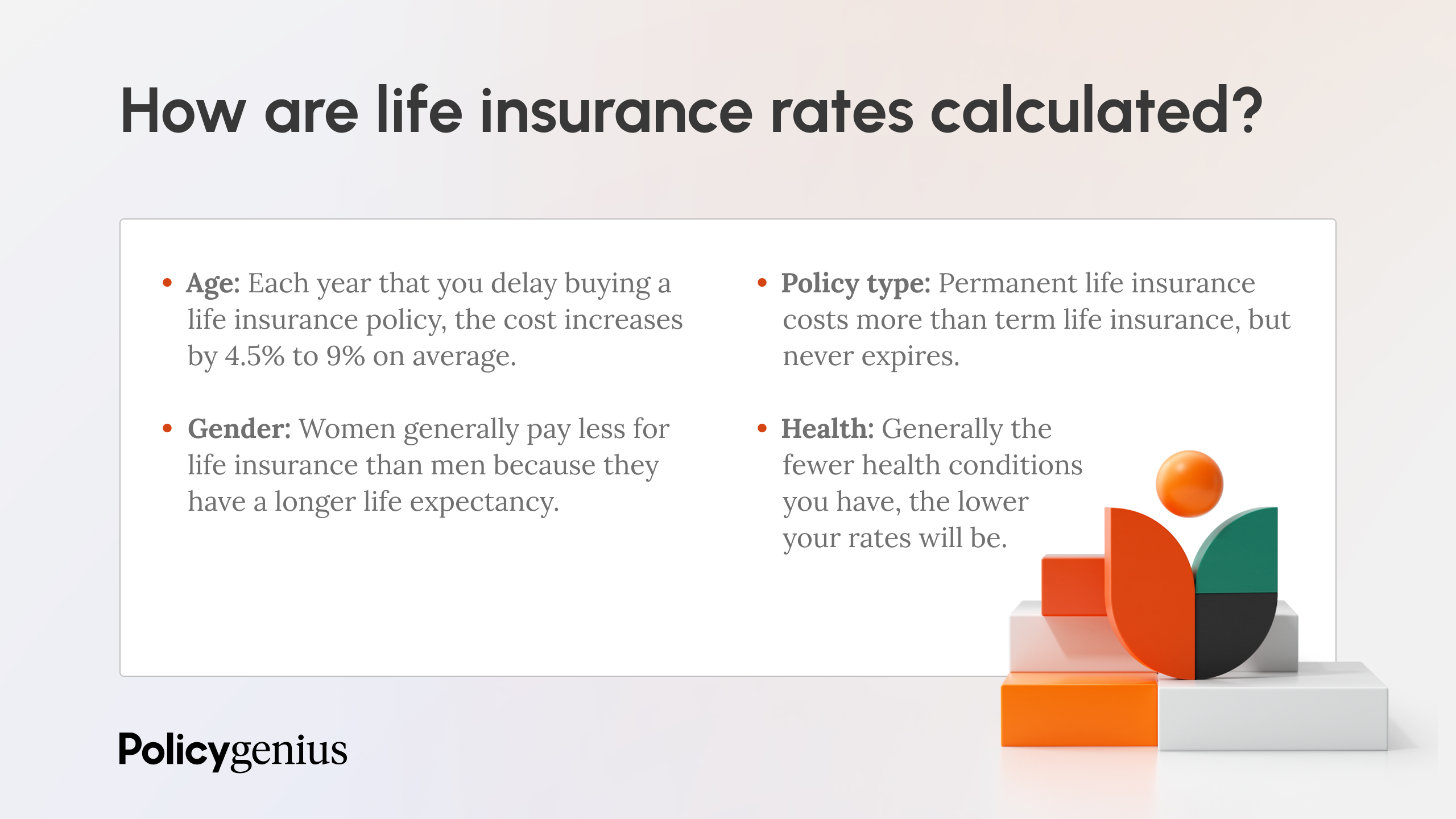Shop At Haya: Your Ultimate Shopping Guide
Discover the best shopping tips, trends, and deals for a smarter buying experience.
Insurance Policies: The Fine Print You Never Read But Should
Unlock the secrets of insurance policies! Discover the crucial fine print you’re missing and save money with informed choices.
Understanding Common Exclusions in Insurance Policies: What You Need to Know
When navigating the world of insurance, understanding common exclusions in insurance policies is crucial. These exclusions are specific circumstances or events that are not covered by your policy, which can vary significantly between providers. For instance, many policies exclude coverage for pre-existing conditions, natural disasters, or intentional damages. Familiarizing yourself with these exclusions can help you avoid unpleasant surprises during the claims process and ensure that you have appropriate coverage for your needs.
It’s essential to carefully read the fine print of any insurance policy you consider. Many people mistakenly assume that their policy covers all potential risks, leading to disappointment when they encounter an exclusion. To safeguard yourself, it is advisable to create a list of key exclusions to watch out for, such as:
- Cosmetic damage
- Wear and tear
- Negligence
- Business activities in personal policies

5 Key Terms in Your Insurance Policy That Could Save You Money
Understanding the terminology in your insurance policy can be the key to saving money. Here are five key terms that you should look out for:
- Deductible: This is the amount you must pay out-of-pocket before your insurance kicks in. Opting for a higher deductible can lower your premium, but ensure it's an amount you can afford in case of a claim.
- Coverage Limits: These limits cap the amount your insurance provider will pay for covered claims. Familiarize yourself with both per-incident and aggregate limits to tailor your policy according to your needs.
- Exclusions: These are specific situations or conditions that are not covered by your policy. By knowing what is excluded, you can adjust your coverage to avoid unexpected expenses.
- Premium: This is the amount you pay for your policy, typically on a monthly or yearly basis. Shopping around and comparing premiums from different providers can lead to significant savings.
- Co-insurance: This refers to the percentage of costs you share with your insurer after you hit your deductible. Understanding your co-insurance can help you budget for potential claims more effectively.
Familiarizing yourself with these key terms can empower you when it comes to negotiating your policy or making changes. For example, adjusting your deductible or even asking for a policy review can directly impact your premium costs. With just a little knowledge, you can potentially save money while ensuring you have the right coverage for your needs.
Are You Underinsured? Signs You Might Need to Reassess Your Coverage
Understanding whether you are underinsured is crucial in safeguarding your assets and ensuring peace of mind. If you've experienced significant life changes, such as getting married, having children, or buying a home, it's time to reassess your coverage. Another sign is if your premiums have increased but your coverage limits have not. This discrepancy can leave you vulnerable, as an inadequate policy may not cover the full extent of damages or losses, which can lead to severe financial strain.
Additionally, consider if you have made any upgrades to your property, such as renovations or purchasing high-value items. If your current policy doesn't reflect these enhancements, you may be underinsured. You should also evaluate your health insurance if you find yourself frequently relying on out-of-pocket payments for medical bills, indicating that your policy may not adequately cover your needs. By staying vigilant and regularly reviewing your insurance policies, you can avoid the risks associated with being underinsured.